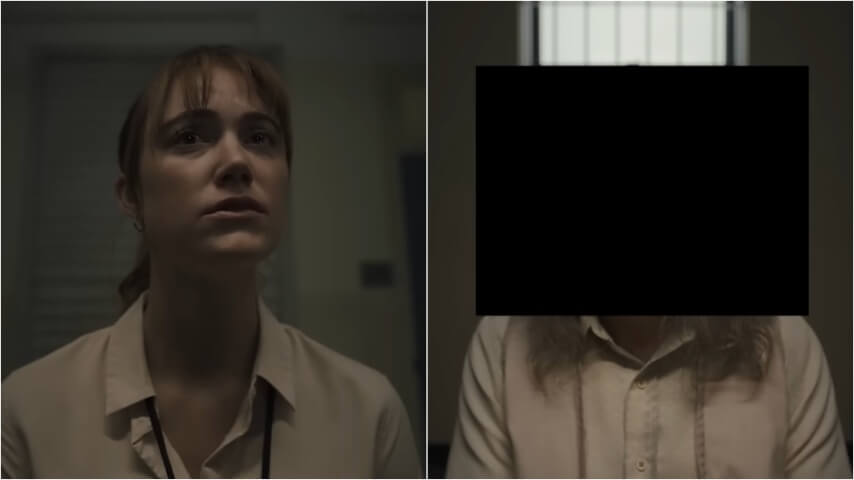Neon attributes Longlegs success to marketing it like Jaws
Hiding Nicolas Cage's Longlegs from the film's marketing was one of the many tricks that helped the movie take off.
Screenshot: Neon/YouTube
It may not be a corporate sequel behemoth like Deadpool & Wolverine or Inside Out 2, but Longlegs is one of the biggest success stories of the year. With a take of $74.35 million, it became not only Neon’s highest-grossing film but the most successful indie horror film of the last decade. Not only was the film’s budget less than $10 million, the studio spent less than $10 million on marketing. But it triumphed nevertheless because Neon decided to “respect the horror audience” and chose not to “spoon-feed” fans with “the standard, teaser, trailer, poster and TV spots,” the studio’s marketing lead Christian Parkes explained to The Hollywood Reporter.
Neon’s creative marketing team trotted out a lot of clever tricks over its campaign, but the best play was to keep some mystery surrounding Longlegs himself, Nicolas Cage. “Tom [Quinn, Neon founder and CEO] has said, time and time again, that one of the reasons Jaws is the greatest film ever, one of the reasons it works so well is because you don’t see the shark,” Parkes shared. “So we thought, let’s not show the shark. Let’s not show Cage. Let’s hold him back.”
Before obscuring his face from the marketing materials, the studio “Nic started saying, ‘Am I right to believe that you’re going to withhold my magnificent grotesqueness until later in the campaign?'” Parkes said. “You can see him saying it, right? And I said: ‘Actually, Nic, we don’t want to show you at all.’ He rocked back in his chair and smiled. And just like that, we knew we were good.”
That gambit—and many others, like taking out a Zodiac-esque ad in the San Francisco Times, renting a billboard with a phone number that connected to a creepy message from Longlegs, and creating an ad out of star Maika Monroe’s racing heartbeat when she saw Cage in character for the first time—paid off. As THR points out, the campaign is definitely specific to the film (and the genre), but it’s definitely solidifying that people certainly don’t want trailers that tell them every single plot point of the movie.